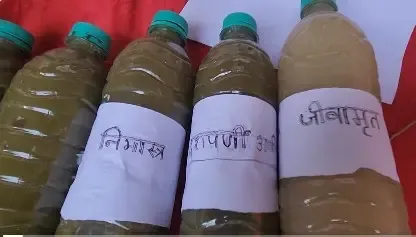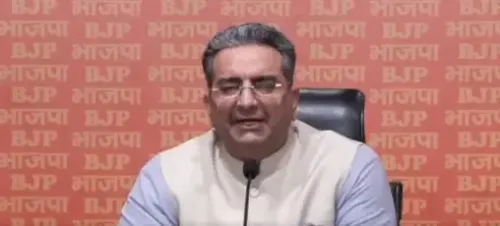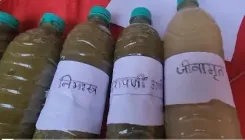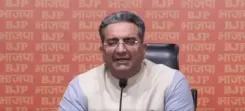India and Nepal Collaborate to Combat Cross-Border Smuggling of Gold, Narcotics, and Counterfeit Currency
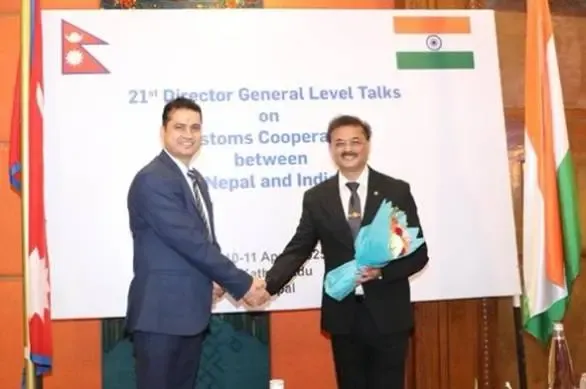
Synopsis
Key Takeaways
- Strengthened cooperation between India and Nepal on smuggling prevention.
- Joint efforts to combat gold, narcotics, and counterfeit currency smuggling.
- Importance of intelligence-sharing between nations.
- Advancements on Customs Mutual Assistance Agreement discussed.
- Focus on trade efficiency and new technologies.
New Delhi, April 13 (NationPress) India and Nepal have resolved to intensify efforts to combat cross-border smuggling of gold, narcotics, counterfeit currency notes, and other items like e-cigarettes, as stated by the Finance Ministry on Sunday.
This topic was a focal point during the 21st Director-General level discussions on Customs Cooperation held between the two nations in Kathmandu on April 10-11. The Indian delegation was headed by Abhai Kumar Srivastav, Director-General of the Directorate of Revenue Intelligence, while the Nepali delegation was led by Mahesh Bhattarai, Director-General of the Department of Customs.
It was recognized that the smuggling of goods presents a common challenge, and both parties expressed a commitment to collaborate in thwarting these illegal activities through active engagement and intelligence sharing. Both countries agreed on necessary actions to regulate unauthorized trade and work collaboratively.
Nepal is a key partner for India under its ‘Neighbourhood First’ Policy, with India representing two-thirds of Nepal's exports and being its largest trading partner. The bilateral discussions on Customs cooperation serve as a vital mechanism to foster legitimate trade and curb illicit activities along the border in an interconnected global landscape.
The meeting also assessed advancements on the MoU regarding Pre-arrival Exchange of Customs Data and the Electronic Origin Data Exchange System (EODES); the finalization of the Customs Mutual Assistance Agreement (CMAA); facilitation of transit cargo movement under the Electronic Cargo Tracking System (ECTS); automation and digitization of transit procedures; improvement of border infrastructure; knowledge sharing initiatives; and support for capacity development, among others.
Both parties highlighted the importance of collaboration in areas that can improve the efficiency and effectiveness of trade and customs operations across the border, resulting in significant economic advantages for both nations. They mutually agreed to explore new technologies to facilitate trade and combat smuggling.
The meeting ended on a positive note, with the Nepali side expressing appreciation to the Government of India, especially the Central Board of Indirect Taxes and Customs (CBIC), for providing knowledge-sharing opportunities and capacity-building programs for Nepal Customs officials at various levels, as noted in the statement.


